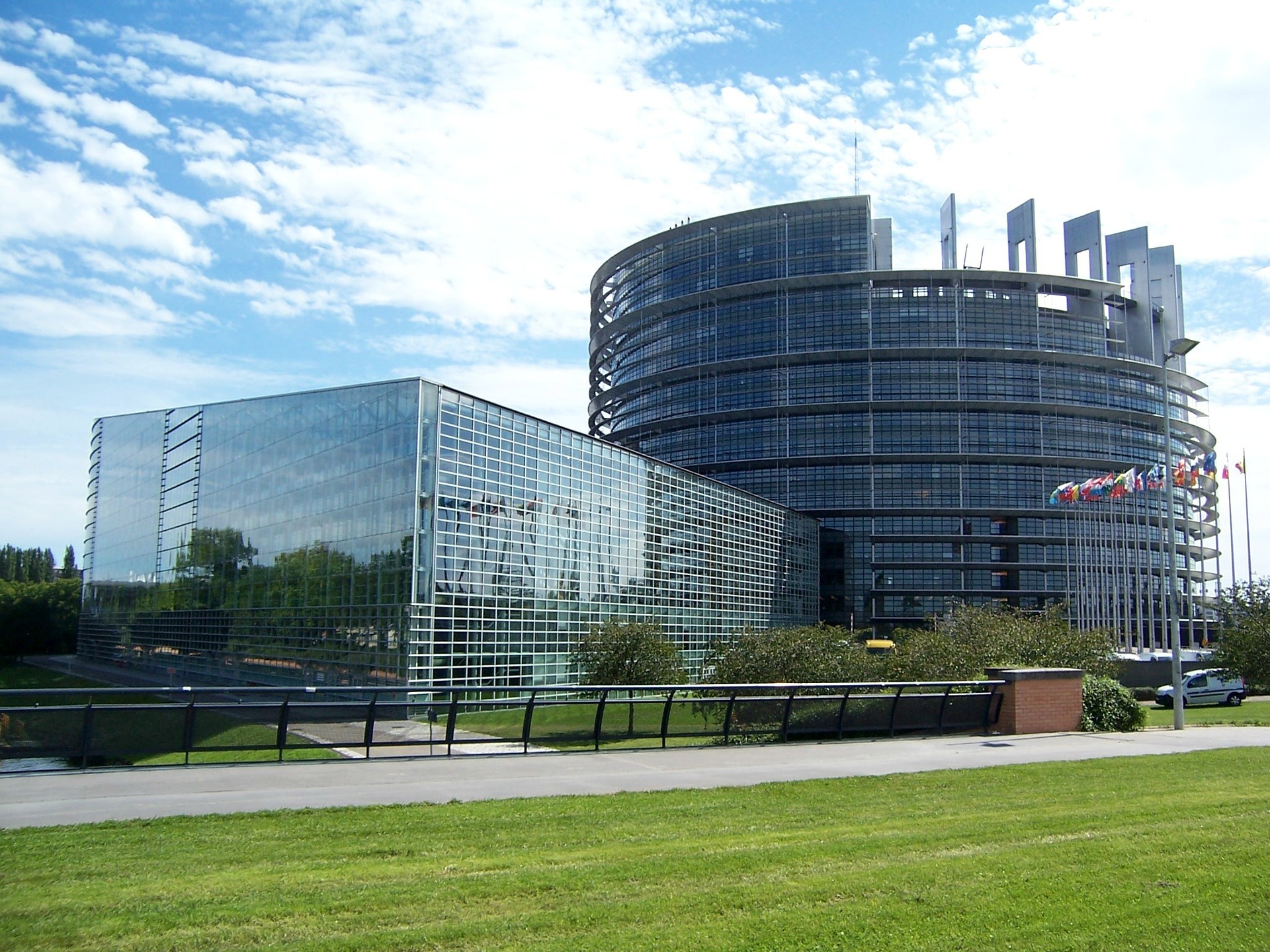The European Commission has announced that approximately €241 billion in nuclear energy investments will be needed by 2050 for the European Union to meet its long-term decarbonization targets and energy security objectives.
The estimate was released in the Commission’s eighth Nuclear Illustrative Programme (PINC), which outlines the role of nuclear power in the EU’s broader strategy to achieve climate neutrality, maintain industrial competitiveness, and bolster energy resilience under initiatives like the REPowerEU Plan and the Clean Industrial Deal.
“To truly deliver the clean energy transition, we need all zero- and low-carbon energy solutions,” said Dan Jørgensen, EU Commissioner for Energy and Housing. “Nuclear energy has a role to play in building a resilient and cleaner energy system.”
Investment Breakdown
The projected €241 billion investment includes:
- €205 billion for the construction of new large-scale nuclear reactors
- €36 billion for the lifetime extension of existing nuclear power plants
The Commission also highlighted the importance of channeling additional long-term funding into next-generation nuclear technologies. These include Small Modular Reactors (SMRs), Advanced Modular Reactors (AMRs), microreactors, and, in the longer term, fusion energy systems.
Capacity Outlook and Strategic Role
Nuclear currently accounts for about 23% of the EU’s electricity generation, although national policies vary significantly—with some Member States phasing out nuclear while others are ramping up capacity.
Under the Commission’s baseline projections, EU nuclear capacity is expected to rise from 98 gigawatts (GW) today to 109 GW by 2050. In a more ambitious scenario—assuming full delivery of planned projects and the successful extension of reactor lifespans—capacity could reach 144 GW.
With more than 90% of the EU’s electricity expected to come from decarbonized sources by 2040, nuclear power is seen as a vital complement to renewables such as wind and solar, especially for providing stable, dispatchable baseload power.
Financing and Policy Framework
To support this scale of investment, the Commission calls for blended financing models that combine public and private capital, supplemented by risk-mitigation instruments to attract and secure investor confidence. It also underscores the need for supportive policy frameworks to encourage innovation while upholding the highest standards of nuclear safety and responsible waste management.
“Ensuring the necessary framework conditions will allow the EU to keep its industrial leadership in this sector while also upholding the highest safety standards and responsible management of radioactive waste,” Jørgensen added.
The Commission’s findings signal a renewed commitment to nuclear as part of Europe’s long-term clean energy strategy, with a focus on innovation, sustainability, and security of supply.

